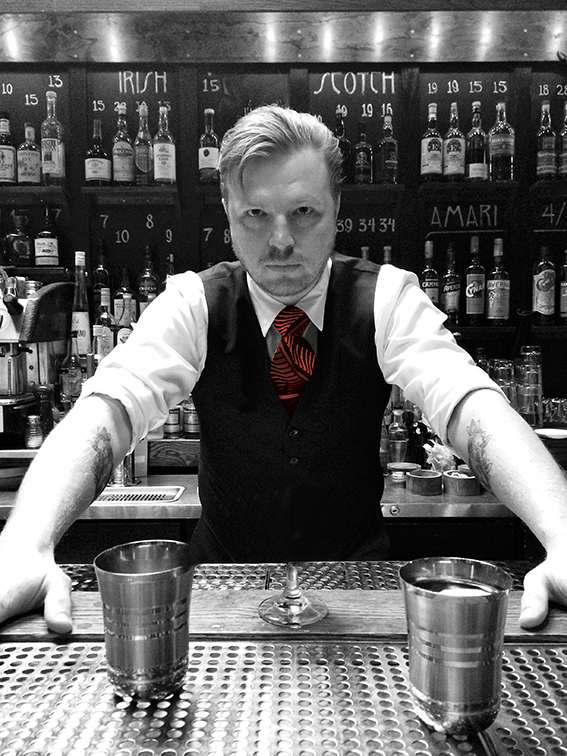
The Warren Column: No Politics
Jan Warren harks back to the old days when local bars were where revolutions found their feet
America has made its choice. while not all of us are impressed with the thought of Donald Trump as our next president, the whole process has got me thinking about America’s political backstory and its place in the bars and taverns of a nation not always united by modern methods of communication.
I know one of the first rules of the barroom has become “no politics”. That isn’t how it used to be. In fact, the American revolution was born, nurtured, and brought into adulthood in the colonial taverns of the day.
The tavern is vastly important in the political history of the United States. In the 18th century, the number of taverns along the east coast
cannot be overstated. In Philadelphia, there were more drinking establishments per capita than in European cities such as Paris and Rotterdam.
Think about your local: is it just a place to get a drink? I bet there are tons of places that would serve that function near you. You’ve probably chosen one to spend most of your time and money at because you’ve encountered a group of friendly, like-minded people there.
You can grab an ale or 10 and engage in passionate debate about your ideals, the course of the country, and the nature of your government. That was as important an aspect of tavern life 250 years ago as it is now.
Taverns were also often the focus of local life, serving as post office, information booth, restaurant, hotel – even courthouses and sites for public assembly and legislation. In the early days of United States history, many people were not literate, but most of the time there was at least one person at the tavern who could read, and read the news to the local people who could not.
This is the way that the ideas of Thomas Paine, Thomas Jefferson and Benjamin Franklin spread throughout the colonies.
Before the revolution, the tavern was a hotbed of revolutionary ideas and anger. Many of the important early actions of the revolution were conceived in the barroom. In fact, The Sons of Liberty held regular meetings in the Green Dragon Tavern in Boston, and it isn’t a stretch to imagine that they plotted the Boston Tea Party over several pints on a rough-hewn tabletop.
Sadly, with the increasing centralisation and administration of government, the tavern lost much of its import as meeting place, and talk of lofty ideals turned to gossip about the sexual proclivities and preferences of celebrities. We have fallen far, as many believe our latest choice has made clear.
I know I’ve spent the last several months sharing my political ideas over the bar top, unfortunately, to a largely unified group of enlightened New Yorkers, which seems to have had little effect on what I consider the most important election of my lifetime.
Let us all bring back the American tradition of fomenting revolution in the bar. We clearly need it here.
